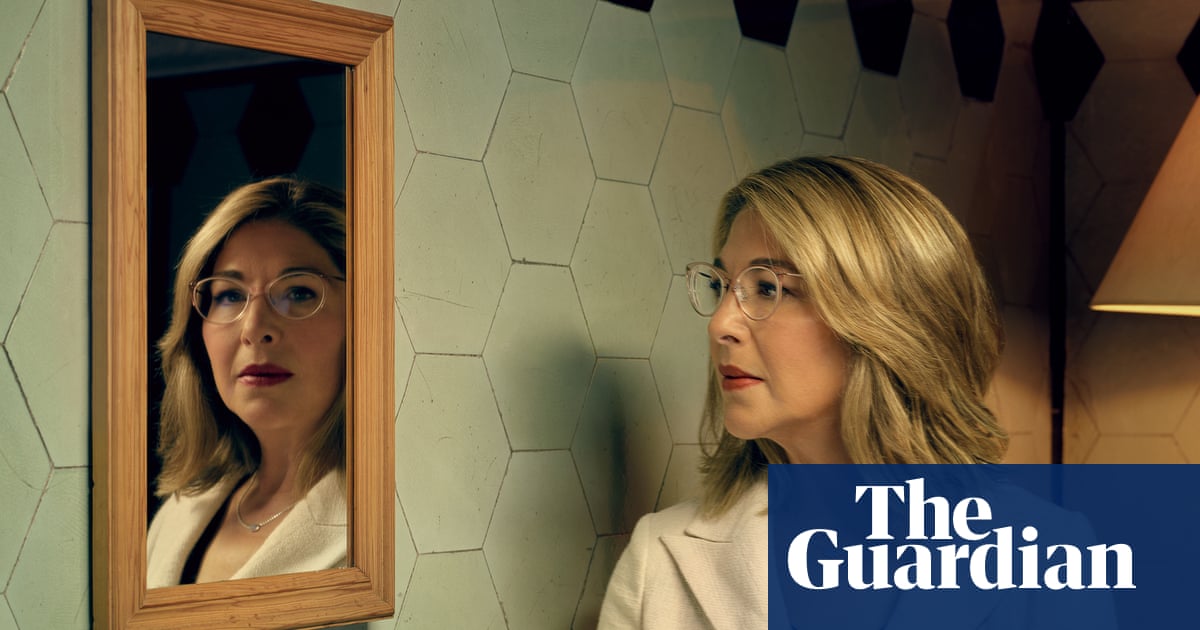
Before I went into the metaverse, I’d read a few articles on it and people didn’t have the nicest things to say. But I wanted to see if that was true, or whether people were just trying to find negativity. I’m a heavy user of social media, so a 3D virtual space where you can interact with other people – where artists are doing concerts and fashion houses are doing shows? That’s exciting to me!
But within the first 10 minutes of putting on a VR headset and entering a chat room, I saw underage kids simulating oral sex on each other. I experienced sexual harassment, racism and rape jokes. At one point, I heard someone say “I like little girls from the age of nine to 12: that’s just my thing.”
I came across one user who was spewing the most disgusting language I’ve ever heard in my life, to the point where we couldn’t even broadcast what he was saying. I’m talking extreme racism – hate speech, listing the kinds of people he hated, the kinds of people he wanted to kill. It was just so violent. And it all happened in a room I was able to access despite using a profile that I’d listed as being 13 years old.
It got to the point that I was really starting to worry how bad it was making our documentary look. I was conscious we needed balance, so I found myself desperately trying to find good things to latch on to. But the bad stuff kept coming so thick and fast. I didn’t prompt any of it, I was just existing in that space.
I went into chat rooms and people were berating me, actually screaming at me. At one point, seven users surrounded me and tried to force me to remove my safety shield so they could do things to my body. I tried to run away, but they backed me up against a wall, trying to grab at me, making sexual comments. It was the virtual equivalent of sexual assault.
I know it’s not real, but when you’ve got that headset on, it really feels like you’re there – you can hear their actual voices, and wherever you move your head, the world travels with you. It tricks your brain into thinking you’re really experiencing it. You forget it’s not real. It’s just so intimidating.
A bigger problem is how hard it is to actually report that sort of behaviour. You need names, IDs, some sort of evidence. But when you’re witnessing something that upsets you, your first thought isn’t necessarily: “Let me record this conversation so I can report it and they can take action”. The way they expect you to complain doesn’t make any sense. I just found myself asking: do I feel like I could keep myself safe in this environment? Could the average user? Could children? And at the moment: no, I don’t think they can.
While using that profile I’d set to 13 years old, I was able to access all sorts of things I shouldn’t have. I was using an app that says it’s suitable for ages seven plus, but I kept coming across rooms where people were gyrating and twerking and simulating sex. Users who are 13 should not be able to access that room. People who are seven shouldn’t be able to access that room. But as it stands, they can.
The worst thing is how numb you become. The casual way people were using extremely violent language that was homophobic, racist, sexist meant that after my third or fourth dive into the metaverse, I became desensitised to it. You could see it happening with other people, too. There were rooms where the most racist conversations were going on, and other people were just chilling, not paying attention. It’s a space in which it’s become normalised.
When people are acting out sexual assault on you, I know it’s not real. I get that – I can’t actually feel them touching me. But those people are there in their houses, physically acting out that sexual assault – using their hands to grab at you or push you against a wall.
That breaks down the wall between real and virtual behaviour. If they’re so cool and calm about sexually assaulting people online, if it’s something they keep doing and getting away with, what’s stopping them from doing it in the real world?
When I contacted the apps, they talked about how trust and safety are core to what they do. They claim they are working hard to moderate their platforms (Meta are introducing parental controls, for example) and create a welcoming environment. One of them even specified that they don’t allow underage users to create accounts.
No doubt some metaverse apps are better at moderating content than the ones I tried. But the point is that we need legal change. There’s an online safety bill coming up, and it needs to put more responsibility on the creators of this technology. A lot of these chat rooms are user generated content, and at the moment, the responsibility is on the users to moderate the content. Given how toxic the environment has become and how much awful behaviour you’re dealing with, that just feels impossible – like trying to mop up the ocean.
I don’t think it’s too much to ask that when I go into the metaverse, I’m not racially abused. I don’t think it’s too much to ask that you do something about the fact that your product is covered in one-star reviews on the app store, saying it’s a paradise for paedophiles. And I don’t think it’s too much to ask that’s it made safe enough that people like me don’t have to make documentaries about how dangerous your products are.
Dispatches – Inside the Metaverse: Are you Safe? is on Channel 4, 25 April at 8pm












